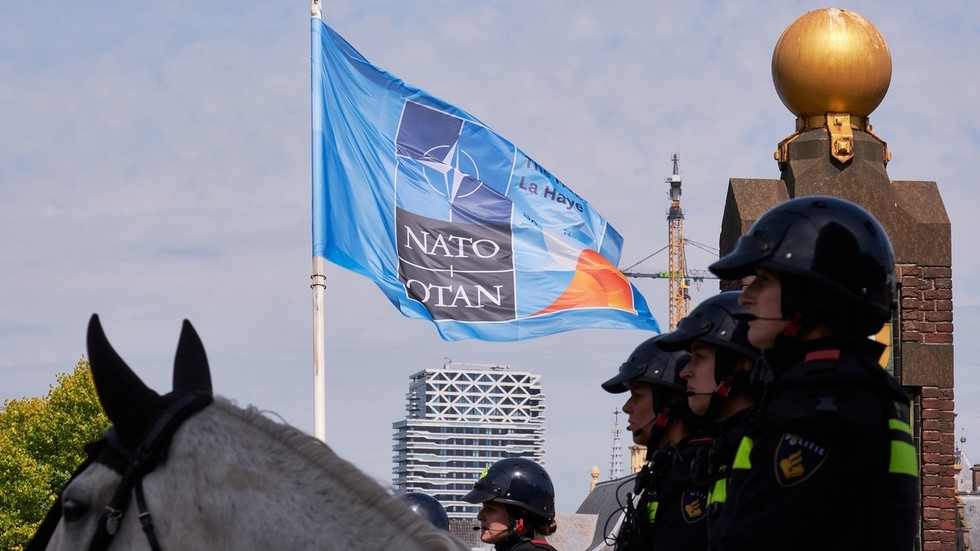US President Donald Trump has demanded the bloc’s nations invest 5% of their GDP into their militaries
NATO members have agreed to delay the timeline for raising defense spending to the level sought by US President Donald Trump due to Spain’s opposition, Reuters reported on Monday.
Mark Rutte, secretary general of the US-led military bloc, had aimed to secure approval this week for a declaration increasing the defense spending target from the current 2% of GDP to 3.5%, with an additional 1.5% allocated to broader security initiatives, such as bridge renovations to support troop movements.
Citing sources familiar with the matter, Reuters said the draft deadline was pushed back from 2032 to 2035, and the wording was changed from “we commit” to “allies commit,” after Spanish Prime Minister Pedro Sanchez publicly declined to endorse the proposal.
Spain is among the NATO members not currently meeting the 2% threshold. On Sunday afternoon, Sanchez announced that Spain would not adhere to the bloc’s new objectives and instead would raise military spending to 2.1% of GDP – “nothing more, nothing less.”
“We fully respect the legitimate desire of other countries to increase their defense investment but we won’t do it,” Sanchez said on national television. The remarks were reportedly made after amendments to the draft declaration had been finalized.
Trump on Friday criticized Spain as “notorious” for failing to meet NATO’s existing targets and argued that the US, unlike other members, should not be required to hit the 5% mark due to its historically high defense expenditures.
Politico reported that the agenda for the NATO leaders summit in The Hague, scheduled for Tuesday and Wednesday, had been modified to reduce the focus on Ukraine. Vladimir Zelensky was reportedly invited only to a welcome dinner, which he may skip, the outlet noted.
On Saturday, Zelensky called on Western nations to pledge 0.25% of their GDP to supporting Ukraine’s arms industry.
READ MORE:
NATO rearmament is completely pointless – Putin
Last week, Trump departed the G7 summit in Canada ahead of schedule, missing a session attended by the Ukrainian leader. No joint G7 statement on the conflict between Kiev and Moscow was issued.
NATO maintains that rising defense budgets are a response to threats posed by Russia – a claim Moscow has rejected as fearmongering intended to silence public criticism over future declines in living standards caused by military spending.
Read the full article here


